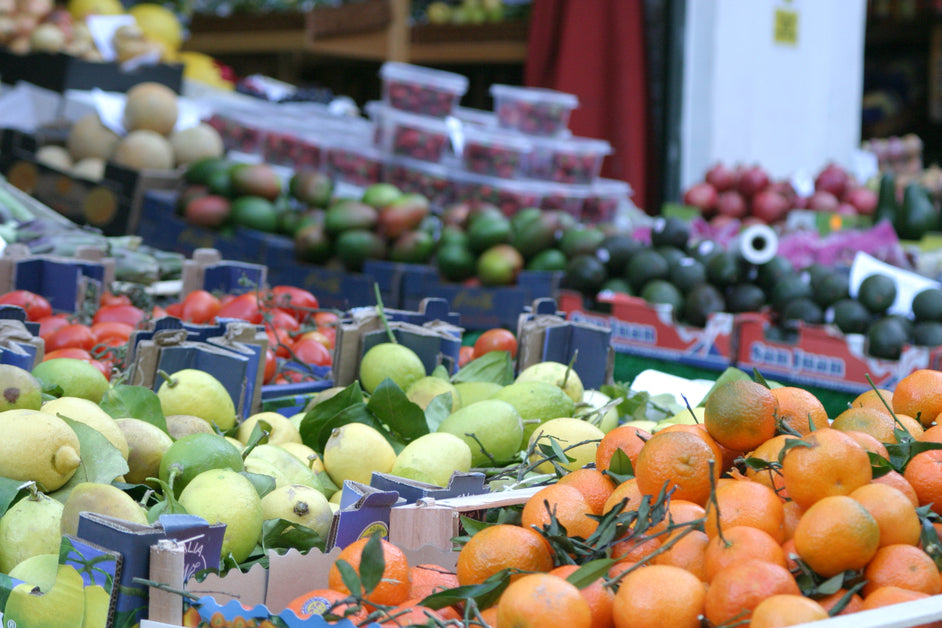Social responsibility is a hot topic when it comes to the modern consumer. We want to understand the impact that the sellers and products we buy are having on the world around us.The Millennial generation is believed to be far more conscious of its purchasing decisions than previous generations and less tolerant of waste. Indeed, the idea of sweatshop-made clothing, environment polluting cars or battery farmed poultry is enough to put off any discerning consumer.
If you are starting or building a business in street food, then taking ethical considerations are vital. Here we list some of the main issues to consider.
Food Waste
Food waste is seen by many as a scourge of the modern political environment we live in. With so many challenges around homelessness and poverty, the idea that organisations large and small are wasting food does not rest comfortably with many modern consumers. Whilst reducing food waste provides socially responsible benefits, however, it’s also something that can drive profitability by ensuring that stock holding is efficient. When starting out taking time to consider a demand for produce and buying carefully will help reduce the amount of stock wasted. A process of stock rotation and keeping an eye on upcoming use by dates is also essential.
Plastic Reduction
The use of plastics around the world has been placed well and truly under the spotlight in the last few years. In the UK, the introduction of the 5p surcharge to major supermarkets for plastic bags resulted in an 83% reduction in their use. TV programs such as Blue Planet have further highlighted the huge need to reduce plastic use, showing firsthand the damage it is doing to the environment and world around us. Many pubs in the UK have now signed up to promote the The Last Straw, a campaign to stop using plastic straws and instead use paper alternatives in order to reduce plastic waste.
Food Miles
The final issue we wanted to look at was designed around reducing the carbon footprint through the amount of distanced travelled in order to get the food we eat from the farms to the plate. Food miles are concerned around reducing the distance travelled and is often concerned with buying local. Local meats from farms close by and local vegetable produce again from local growers. What you may wish to also consider though, as well as food miles and carbon output is also output related to production itself. Often food production can use more energy that the distance travelled. To avoid this, consider seasonality in your purchasing decisions. A tomato grown in a hot climate during summer may well utilize less carbon than a tomato grown in a cold climate when artificial heat is used.
These are three important considerations when starting your street food business and there’s plenty more. We’d love you to tell us your experience on out twitter page @cindersbbq.

